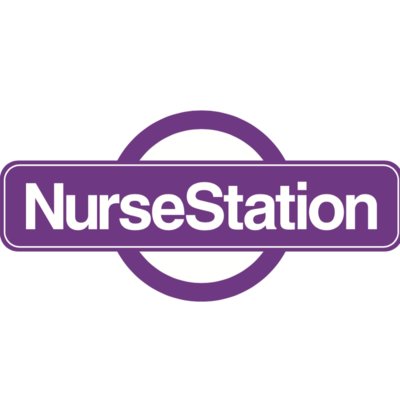Anglia Ruskin University 2024
I chose to take an overseas placement in Tanzania as it offered a unique opportunity to immerse myself in a different culture, healthcare system, and community while being able to observe midwifery in a diverse and challenging environment.
I wanted my overseas placement to enhance my skills and communication and broaden my perspective, which has certainly done this.
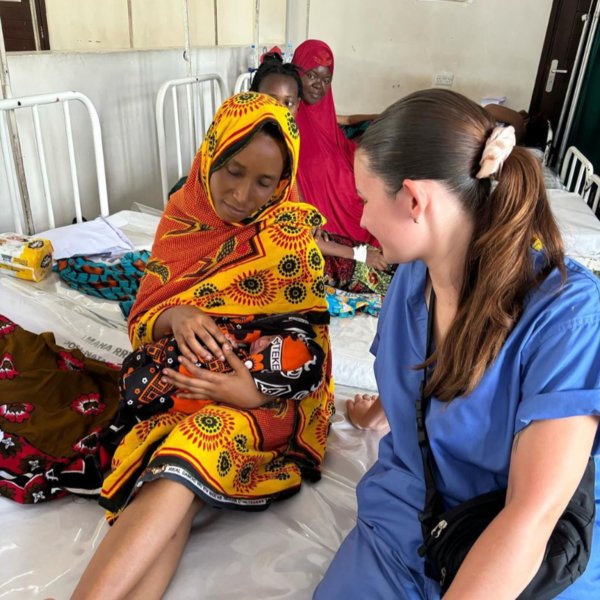 At first, culture shock hit me. Being surrounded by a whole different culture and being in a hospital with limited supplies and equipment can be super overwhelming.
At first, culture shock hit me. Being surrounded by a whole different culture and being in a hospital with limited supplies and equipment can be super overwhelming.
Women were expected to show strength, which can be challenging to see when they were in a vulnerable period.
It was interesting to see what emergencies were prevalent in Tanzania compared to the UK which included placenta abruptions, stillbirths, pre-eclampsia, and PIH to name a few. It was fascinating to see how they managed these emergencies with such limited supplies.
What I loved most was improving my communication skills and speaking with women in Swahili. I now understand the importance of communicating effectively with non-English-speaking women.
On arrival on my second day of placement, I attended the labour ward to hear a labouring woman calling out for help. I went to see the woman along with the ward sister and another student midwife. It was at this point I was told the woman was having a placental abruption and sadly the baby was born still.
What shocked me most was how the staff and woman acted like nothing had happened. It made me feel extremely lucky to be able to support bereaved mothers in the UK by creating memory boxes, allowing them to stay with their babies for some time and support them as much as possible.
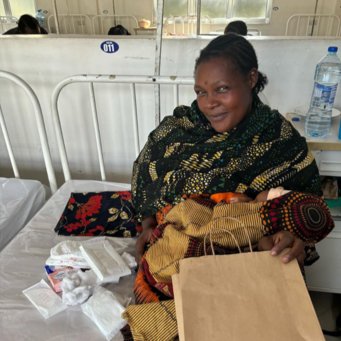 I witnessed many differences during my time in Dar es Salaam. The biggest of which was women having to provide their own supplies. Although maternity care is free to Tanzanian women if they have insurance they are still expected to supply things they may need such as cotton wool and sterile gloves for delivery.
I witnessed many differences during my time in Dar es Salaam. The biggest of which was women having to provide their own supplies. Although maternity care is free to Tanzanian women if they have insurance they are still expected to supply things they may need such as cotton wool and sterile gloves for delivery.
They were also expected to compensate for certain things such as if a woman had a blood transfusion her family were expected to donate four bags of blood to the hospital. What also shocked me was women being expected to show strength during labour and potentially getting told off if they didn’t.
During the week after placement, we enjoyed sitting by the pool or playing games in the pool. We also went out for some evening meals in Dar es Salaam including The Fishmonger and Barometer Bistro.
The first weekend we flew to Zanzibar and visited the Turtle Aquarium, Pigeon Island, and Mnemba Island to swim with dolphins and do some snorkelling.
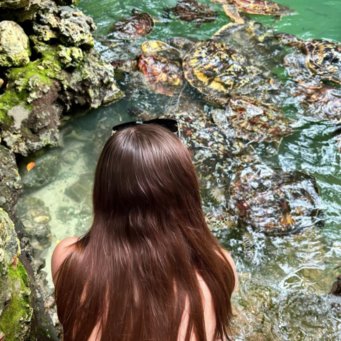 The second weekend we went on an incredible safari. We saw lions, elephants, giraffes, zebras, buffalos, hippos, crocodiles, and so much more.
The second weekend we went on an incredible safari. We saw lions, elephants, giraffes, zebras, buffalos, hippos, crocodiles, and so much more.
Undertaking my placement overseas has enhanced my communication skills with non-English speaking women which is a very important skill to have in midwifery as we will work with and look after people from all different cultures and backgrounds. And just being able to see how midwifery care is provided in another country was incredible.
If you’re considering a Work the World placement, you should 100% do it. You won’t regret it.
The whole experience was amazing, including the hospital, meeting new people and students at the Work the World house, travelling at the weekends, experiencing a whole different culture, and of course, having constant support and help from the Work the World team!
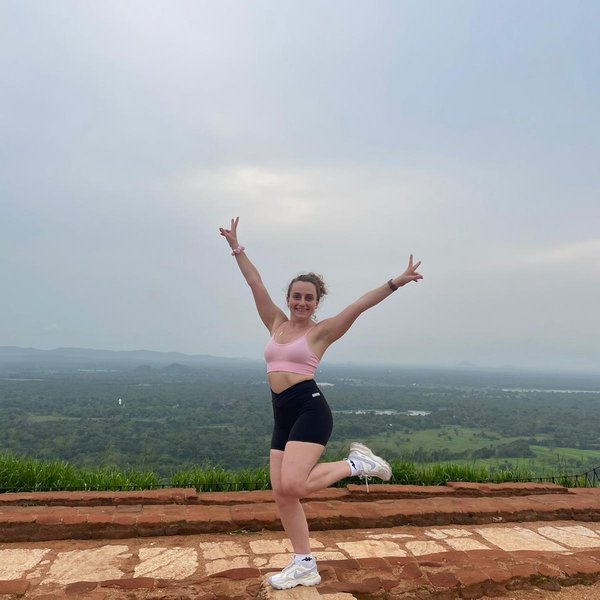
Start Your Journey
Want to go on your own once-in-a-lifetime adventure? Get started below:
Want to go on your own once-in-a-lifetime adventure? Get started below:
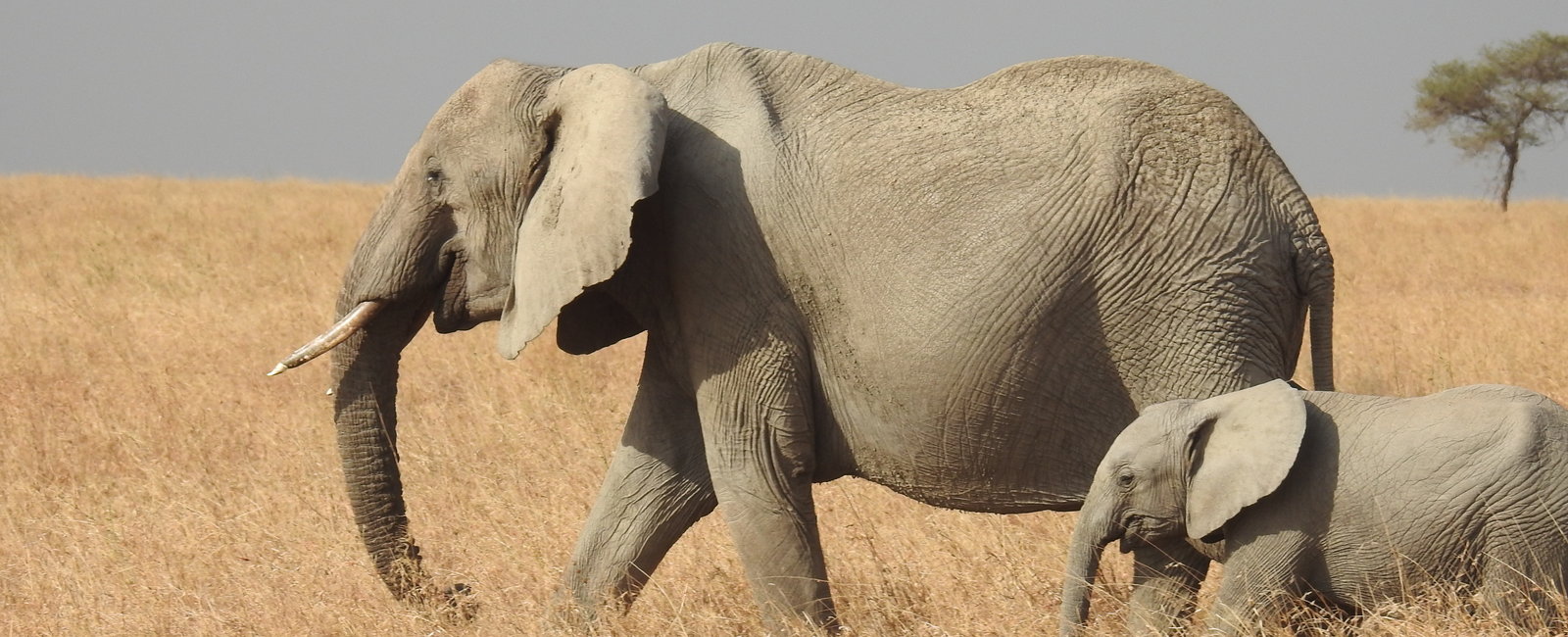

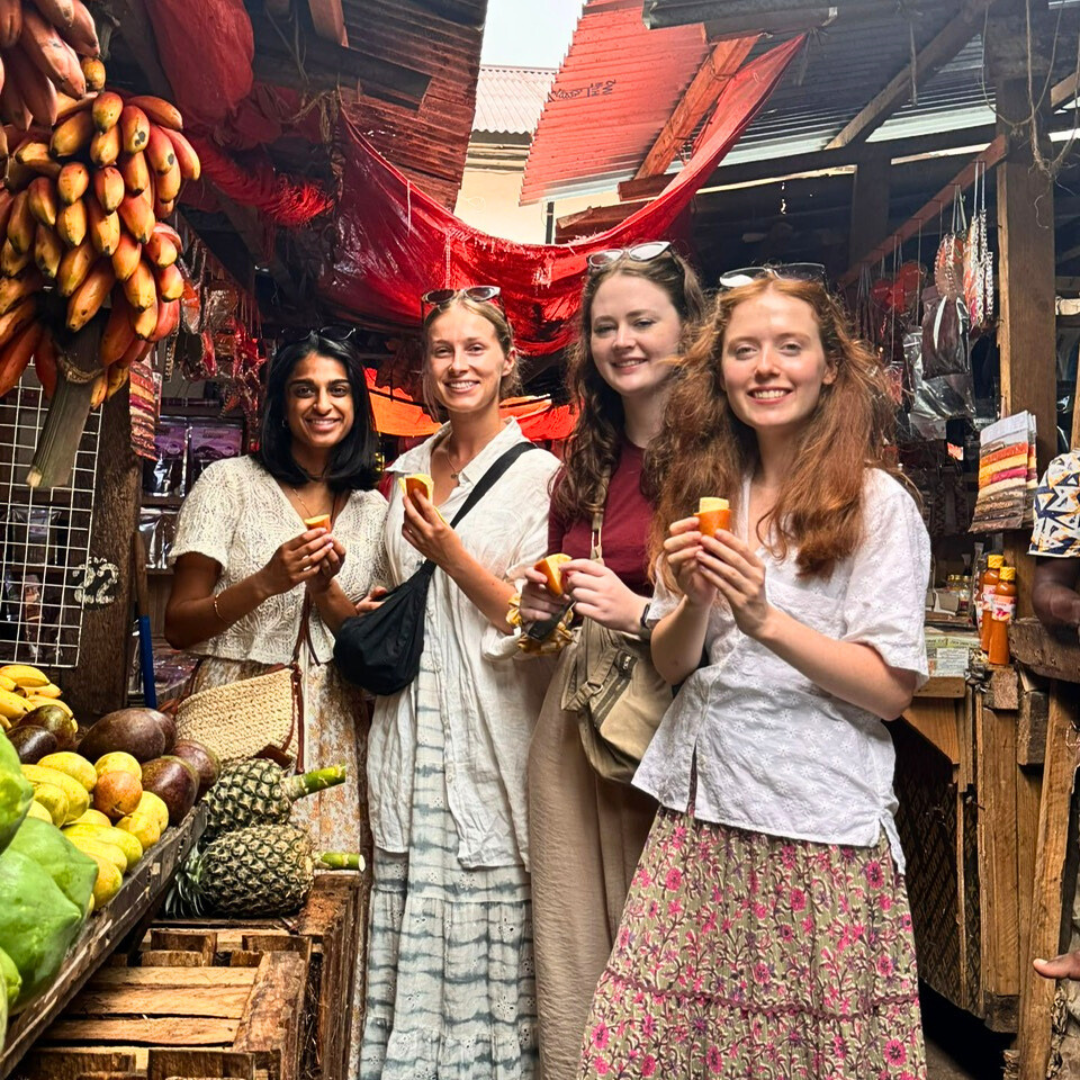
%20Square.jpg)
